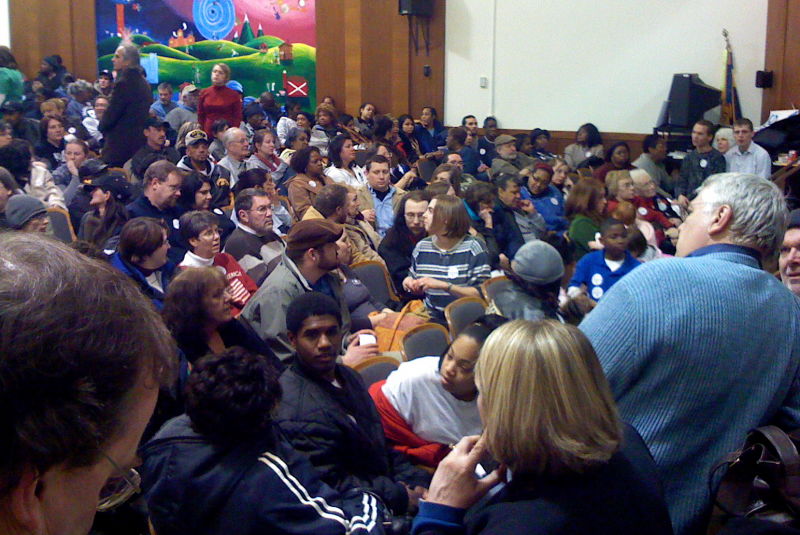It's almost showtime in Iowa. Finally.
After a seemingly endless barrage of political rallies, candidate debates and corn dog-scarfing photo-ops, the Hawkeye State is about to kick-start the 2016 presidential nominating process on Monday when it hosts the nation's first statewide caucuses.
So, what the heck is a caucus, anyway? Why does Iowa always get first dibs? And how is it different from a primary -- like the one happening in New Hampshire on February 9?
These three videos, from around the Web, do a good job explaining this, so I'll keep the word count short. The basic skinny: every four years during U.S. presidential elections, all 50 states, Washington, D.C. and some U.S. territories (like Guam and Puerto Rico) choose a Democratic and Republican candidate. The candidates from each party are then represented by that state's assigned number of delegates in the national party conventions.
Most states hold primaries, where voters cast secret ballots (like in the general election). But Iowa and a handful of others go the caucus route, a system of town hall type gatherings, where participants decide which candidate to support, often by raising hands or physically moving around the room into groups.
The 90-second explanation
Note: This video claims that "caucus" is derived from a colonial interpretation of the Algonquin word for "council." Although a commonly supported theory, the true etymology of the word is still disputed.
